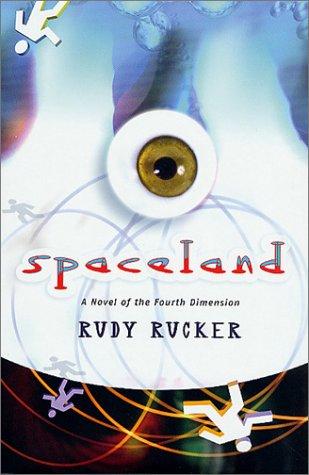
Self-Publishing Review: Tell us about some of the ways in which you’ve been getting involved in non-traditional forms of publishing.
Rudy Rucker: For a number of years now, I’ve been posting documents online in the Acrobat PDF format on my Writing page. I’ve posted a book-length collection of my collected interviews, and book-length writing notes for each of my last seven books. Recently it’s gotten to the point where my writing notes are longer than the novels that I’m working on.
In an idealized writer’s paradise, I’d be able to publish and sell these books of writing notes to fans and devoted scholars, but in this real world, I’m happy to just give them away—although I do put copyright notices on them. Publishing my real books is hard enough, without trying to find commercial publishers for my notes!
Recently I decided to get two of my earlier novels back in print, The Sex Sphere and Spacetime Donuts. I’d hoped that Tor Books might reissue them under their Orb imprint, but they didn’t feel this was a commercially viable option—and I didn’t find much small press interest either.
I started doing some research on POD (print on demand) books, and ebooks, and I began thinking about possibly publishing my reprints in these formats myself. If you’re handy with a computer, it’s not particularly difficult or expensive to do this, and, if you buy an ISBN (book ID number) and put the ebook into a certain format, you can get your title listed on Amazon.
The one thing that hung me up in terms of reprinting my two old novels was that I didn’t have them in electronic form, and I had the impression that scanning them through some OCR (optical character recognition) software would be fairly painful and time-consuming. So I arranged for the company E-Reads to put The Sex Sphere and Spacetime Donuts into POD and ebook form, including the Amazon Kindle format.
To make the E-Reads editions look nice, I made a painting for each of them, and I got my daughter Georgia Rucker to incorporate these paintings into covers. Georgia is a professional graphic designer (see her site, www.grfix.com ), and the books look great—you can find links to them on Amazon or on the E-Reads site.
The process hasn’t been entirely smooth, as E-Reads has had some trouble arranging for the proper printing of the covers in the POD edition, but I think that will be ironed out quite soon.
Working with E-Reads, I didn’t have quite as much control over the book’s appearance as I would have liked, and I still had a yen to create a book all by myself. So I went ahead and designed a book of my paintings called Better Worlds, and I made it available in POD format on the Lulu site. I haven’t actually purchased an ISBN for Better Worlds yet, but I might still do that so I can get it listed on Amazon.
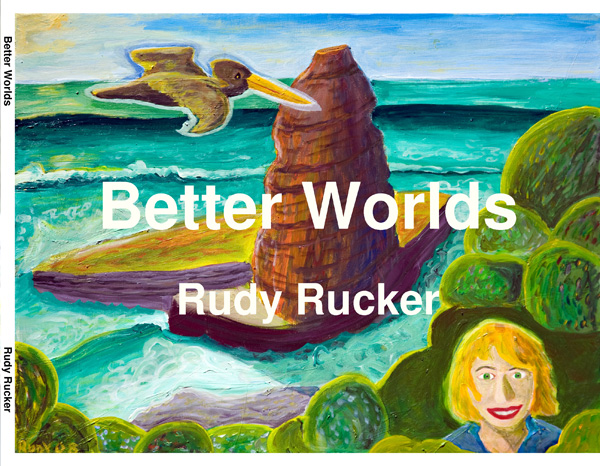
SPR: Why did you choose to self-publish your art book, Better Worlds, rather than looking for a publisher of art books? You’re an established writer, so you’re in a better position than most.
RR: Although I’m a well-known writer, I have zero reputation as a painter, and I was daunted by the prospect of trying to approach serious art world publishers. Also I liked the idea of very rapidly getting the book all designed and, in some sense, into print. Those who’ve put together photo books as gifts know how this feels.
By the way, I didn’t actually use the Lulu photo book templates to design my art book because these templates insist on cropping your pictures to certain fixed aspect ratios. And my paintings are in all kinds of different width-to-height ratios. Perhaps some other sites have more flexible photo book formats, I don’t know.
What I did instead was simply to design the paintings book in Microsoft Word, and to save this file as a PDF file, taking some pains to ensure that the images got saved at a (non-default) high resolution of 400 pixels per inch. And then I uploaded the PDF to Lulu, and that’s the book, designed exactly the way I want.
A nice thing about this set-up is that every now and then I can redesign the book and add all my most recent paintings!
SPR: Why did you choose Lulu over iUniverse, BookSurge, Wordclay or other print-on-demand outfits? Are you pleased with the process and outcome?
RR: I did a fair amount of online research into the various do-it-yourself POD publishers, and I put up a long blog post about what I learned.
One thing that’s not so well known is that pretty much all of the different POD publishers use the same printer, which is Lightning Source, owned, I believe, by the Ingram Book Group, who distribute most standard paper books into bookstores. If you get serious about producing a POD book on your own, I think it’s possible to declare yourself to be a publisher, and cut a deal with Lightning Source yourself.
My impression is that most of the user-friendly POD publishing companies are fairly similar in terms of services and costs, although some of them seem slanted towards selling expensive editing and promotion packages to the aspiring author—which can easily turn into a vanity-press-style rip-off.
Promoting a self-published book is indeed a problem, but I think one needs to come up with original solutions. My angle is that over a lifetime of publishing, I’ve managed to build up a “brand” around my name. And I have a blog which gets quite a few readers. Not that this works all that well, even for me. I blogged about Better Worlds, and the superblog BoingBoing picked up my post and mentioned it, and even so, I’ve only sold about ten copies of Better Worlds to date—sold, that is, to people other than me.
I myself bought a few for Christmas gifts, which was, come to think of it, my original motivation for the project. But I also think of using the books as promotional devices for getting myself some gallery shows. Not that I’ve gotten around to trying this. For now, I just paint for fun, and I’m not eager to open up a fresh source of the kind of worry and heartache that writing for commerce brings.
SPR: What’s your relationship to painting versus writing fiction? It’s great to see the cross-pollination of the painting “The Sex Sphere” on the cover of the novel of the same name, but I notice a much different style in your painting than in your novels. Like “Welcome to Mars” (above) can be described as a kind of childlike utopia and your novels don’t really fit that description.
RR: In my own head, my paintings look very much like the scenes in my novels. Since I’m known as a cyberpunk, people sometimes imagine that my novels are dark and full of machines, but that’s not the kind of book I’m writing these days. In recent years I’ve become interested in scenarios where the machines have withered away and been replaced by bio-tweaked plants and animals, or futures where our computational devices have migrated down into the very quantum vibrations of the atoms around us. And this leads to a world that does in some ways resembles a utopian fantasy landscape.
SPR: You offer your novel, Postsingular, for free online as a Creative Commons download. What’s your experience been with people downloading that book compared to people buying other novels through ebook distributors?
RR: Well, it was Corey Doctorow who talked me into this. Corey posts all of his novels as free ebooks, that is, as Creative Commons downloads in PDF, HTML, text and other formats—and he does this as soon as the novels come out in print. He argues that the free ebook release creates enough buzz and reader interest to outweigh any attrition in sales. And certainly Corey’s books do sell very well.
So I got my publisher, Tor Books, to give me permission to try this out with Postsingular. I posted some free ebook versions of the book online at my website, a couple of weeks after Tor printed the hardcover.
This did create some buzz, and I got some interesting fan email. Like one guy said, “I just read your novel on my phone,” and another said, “I read it on my screen in my cubicle at work.” As for the book’s actual sales, they were, I think, slightly better than my usual average, but not radically better, although we haven’t yet seen any numbers for the trade paperback edition, which just now came out.
So far as I know, Tor doesn’t want me to release a free ebook version of the forthcoming Hylozoic, which is a sequel to Postsingular. I wouldn’t mind doing one—after all, writers want first and foremost to be read—but there’s also an argument along the lines of, “We hooked them with a freebie, now let’s make them pay.” In any case, the hardback of Hylozoic comes out at the beginning of June, 2009, and by then we’ll have decided about any possible free ebook edition.
By the way, in addition to those reprints I was talking about, a couple of my novels are available as commercial ebooks to buy, and we really haven’t seen jack in sales—we’re selling dozens of ebooks, not thousands. At least until recently, most people have been utterly unwilling to buy ebooks, although plenty of people are happy to read free ebooks. Of course it could be that with devices like the Kindle, this is going to change.
SPR: You’re a visionary who writes incredibly inventive tales about how technology might inform our lives in the future. What do you think self-publishing might be like in the near and distant future? Are we at the beginning of a radically different future for publishing?
RR: First let me say something about magazines, and then about books.
For the last couple of years I’ve been editing and publishing an SF ezine called FLURB at www.flurb.net. I enjoy doing this, but it’s strictly a non-commercial labor of love on my part, and on the part of my obliging authors.
Originally I started my ezine because I had a story rejected by some stuffy ezine editor, and I was like, “Screw this, why not do it myself?” The self-publisher’s mantra. As it turns out, FLURB has done pretty well—there weren’t any other SF ezines with quite my kind of sensibility.
The upside of an ezine is that there’s virtually no expense for the publisher, the downside is that there’s no income. The upside of no income is that there’s no bookkeeping, the downside is that I can’t pay money to extract more commercial efforts from my authors. But the upside of being non-commercial is that I’m closer to the realm of revolutionary art, which is a place that I like to be.
The commercial models for ezines are sidebar ads, pay-per-view, paid subscriptions, or begging the readers for spare change. The downsides of these approaches is that you might block out a large number of casual readers or that you might not (in the case of ads or begging) make enough money to make it worthwhile degrading the experience of the ezine. And, as I mentioned, if you do have a tiny trickle of income, then you have to figure out how to share it with the authors.
By the way, I once tried having sidebar ads on my blog, and, because I sometimes discuss philosophical topics, I was getting ads from born-again evangelists and right-wing pundits, which really wasn’t worth the income of, like, nineteen cents a day. At some point, taking sidebar ads can feel like being a very cheap prostitute. But the sidebar-ad model does work for massively trafficked sites like BoingBoing.
Okay, so what about books?
For an author, the value-added for going to a traditional paper publisher has been (a) they pay you an advance, (b) they edit and design the book, (c) they distribute the book, and (d) they promote it.
But now suppose that you’re dealing with a publisher who plans to produce your books only in POD and ebook formats. And for sure there will be more and more publishers like this in the years to come.
As I mentioned above, a reasonably computer-literate person can form their own “press” and publish POD and ebook formats themselves. In this case, (a) the author gets no advance, but gets a bigger cut of any profits down the line, (b) edits and designs the book on his or her own, possibly with the help of friends, (c) distributes it through exactly the same channels as the publisher would have, and (d) tries to promote it.
Really, the biggest hang-ups are no advance and no promotion.
Even if only for the advances, there will always be a place for publishers. Although self-publishing might theoretically earn you more money in the long run, there’s nothing like getting a substantial check soon after finishing your book. It often takes five years or longer before an author’s royalties earn out the amount of the advance. And it’s not unusual for a publisher to advance an author more money than the book ends up earning (and, no, the author doesn’t have to pay back the money from an overly generous advance). Advances are a big deal.
Re: promotion, for mid-list writers like me, promotional media advertising isn’t really a factor. My publishers mention each of my novels in a multi-book ad in the SF trade zine Locus, and that’s about it. But they do send out review copies.
Of course a self-publisher can send out ebook review copies for no cost—but this is really a mass spam ad. And reviewers are, of necessity, adept at ignoring spam. Having a commercial publisher lends credibility. That is, if my book comes out under the aegis of a familiar publisher, people feel assured that the work is of professional quality—as opposed to being the maunderings of a senile madman.
Over time, it could be that a highly respected social network arises, a place where certain self-published books can be given a stamp of approval. But here, of course you’re again faced with the problem of promoting your book to the people who use this network. It’s a tricky problem, and the inevitable mathematical fact is that the little guys get very few sales.
The thing is, there’s so many books, and so little time to read, that people are very harsh in pruning down. For awhile people had this utopian belief in a “long tail” model, under which even the most arcane and niche-oriented book would sell a few copies. But this was only speculation. It might turn out that, starting at a certain point not all that far out along the tail, the only self-published book sales are to the authors’ friends and relatives. Which isn’t a complete disaster. If the people you hang around with have all gotten a copy of your book—well, that’s not so bad.
Back in the realm of commerce, one area where POD and ebook publication really seems to make sense to me is when I’m talking about a book that for whatever reason is not feasible to publish in print.
Suppose, for instance, that I wanted to publish my cumulative journals, written in electronic form over the last twenty years. This would weigh in at maybe half a million words, and if printed, might run to seven volumes. I’d be lucky to sell a few hundred of these sets. But if I published the journals as an ebook, I can see people electronically flipping through it as a casual entertainment. They might use it as a book of divination, like the I Ching!
Another thought. I’m a dedicated blogger, and over the last few years, my blog has replaced my journal in my life. The difference is that my blog is profusely illustrated, and it contains a lot of hyperlinks. I could see eventually publishing my cumulative blog as an ebook as well.
Of course, in a sense, my blog already is a hyperlinked ebook, in that you can access all of it online. But I think it would have a different feel if I wrapped it up into a single file that you could dip into offline. And the big win would be that I could make the pictures larger and with photo-quality resolution, so the blog would take on more the quality of an art book.
As for the external links in my cumulative blog—it is possible to preserve hyperlinks in, say, a PDF document. I think that, in the future, most ebooks will be likely to have hyperlink tendrils reaching into the broader world.
SPR: This is great – “The upside of being non-commercial is that I’m closer to the realm of revolutionary art, which is a place that I like to be.” Thanks a lot for taking the time.
Get an Editorial Review | Get Amazon Sales & Reviews | Get Edited | Get Beta Readers | Enter the SPR Book Awards | Other Marketing Services


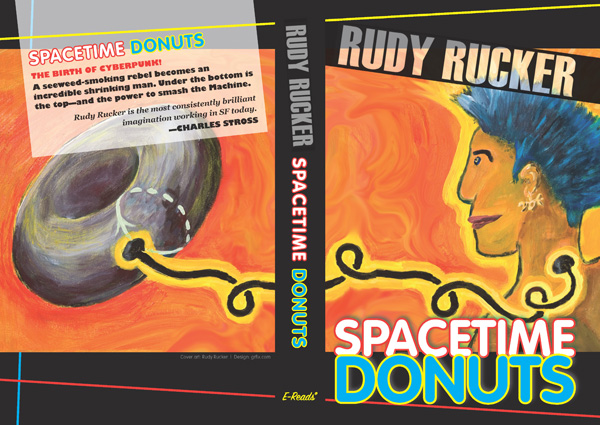
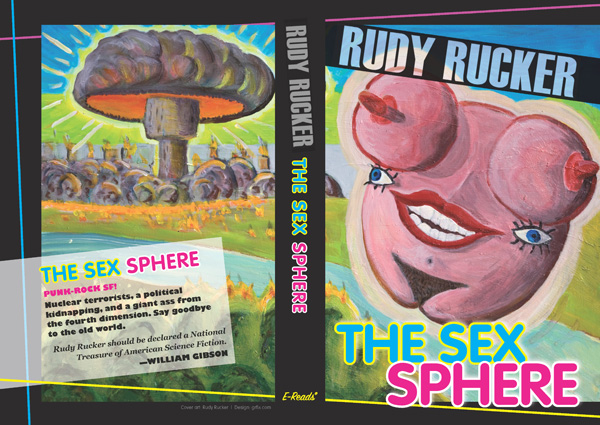
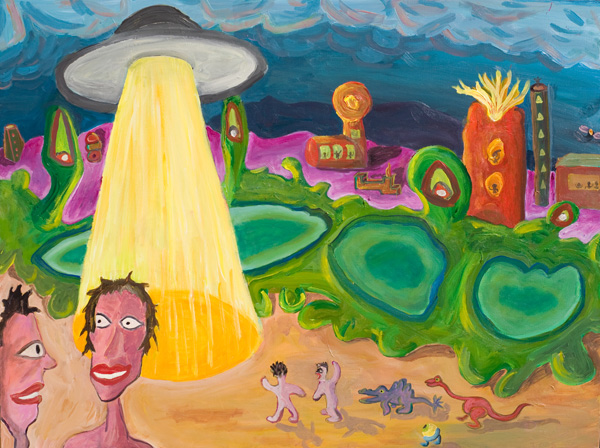
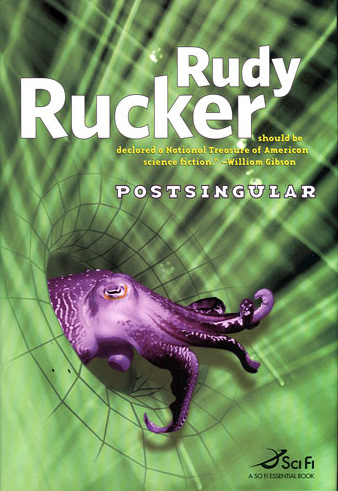
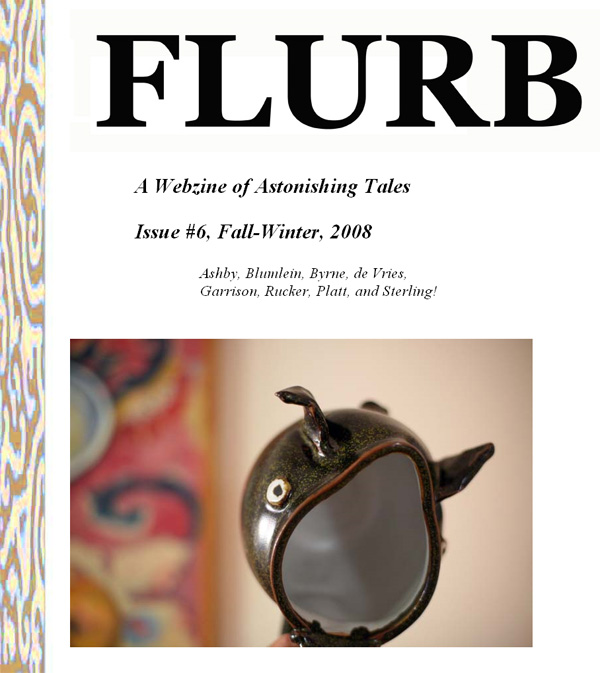










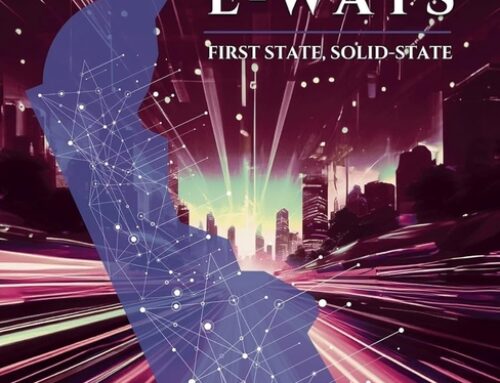





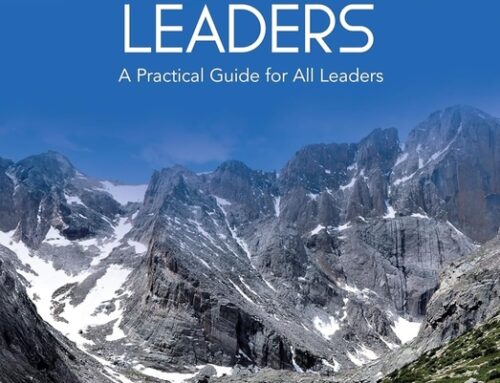
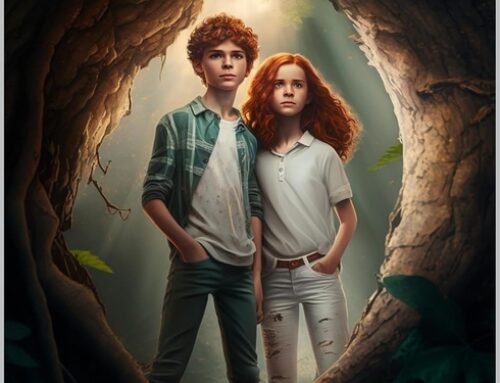

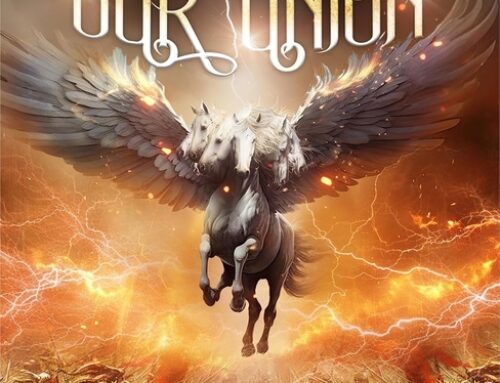
Rudy said, ” If you get serious about producing a POD book on your own, I think it’s possible to declare yourself to be a publisher, and cut a deal with Lightning Source yourself.”
It’s not really that complicated. In the US, publishers don;t need licenses to publish. Anyone can declare herself or himself to be a publisher, and register a business name for a few bucks. It’s no big deal to get ISBN numbers, and there’s no need to “cut a deal” with Lightning Source.
Within a couple of days after you approve a proof, your book should be listed on Amazon.com, BN.com, Target.com and other online booksellers in the US and abroad, and will be available for ordering at any terrestrial book store.
All you have to do is follow Lightning’s online instructions, upload proper PDF files, and have a valid credit card.
After being disappointed with several traditional publishers, I formed my own publishing company last summer. I’m now working on my fourth book — which will help people to learn from my mistakes and become better self-publishers.
Michael N. Marcus
http://bookmakingblog.blogspot.com/ etc.
thanx for the very informative article — I had no idea how talented Rudy Rucker is!
~~~
Rudy is right, publishing is changing and options expanding to meet a variety of goals and markets. Options like Lulu can be a reasonable direction to follow, especially where low book sales expectancy are present – considering your market and goals is always a good idea.
There are also those options that do charge for publishing packages and options like Outskirts Press. Those fees are not paying for vanity or ego, rather those integral services that bridge self-publishing and traditional publishing to help authors meet a greater market with a strong published title. It is precisely those services that helped Outskirts Press’ 5 top selling authors earn more than $60,000 in royalties in the 4th quarter alone last year.
Good article. Great work, Rudy.
– Karl Schroeder
I suspect that the long tail model still works, but that it is a very bumpy tail.
You might go for months without a sale/view and then someone who knows someone that writes for BoingBoing or some other high profile blog mentions your work in passing and there is a flurry of interest for a couple of weeks or so and then things settle down again. Maybe one secret to having a robust tail is to try to have works available that have a wide range of interests that would attract vectors from all kinds of venues. It is possible that having coalitions of artists/otherfolks with diverging interests but some commonalities banding/blogging together would be the best strategy for attracting attention (actually BoingBoing is a good example) on a more frequent schedule. In a funny way it is sort of like the old album/single strategy of the record companies in how people are sucked into buying the album by the one thing that they are familiar with.
Regarding giving away your ebooks, I noticed when Cory Doctrow put out his “little brother” ebook that he had a little blurb for each of his favorite bookstore at the beginning of each chapter. I did not find it obnoxious or distracting (in spite of the fact that none of the bookstores were local to me), and I think that the fact that I remember it months later makes me think it was at least as effective as other sorts of advertising. It would be interesting to see if the bookstores noticed any effect. The interstitial commercial served the broadcast industry well for decades, even after the invention of the VCR.
BTW I like your books a lot, and I am looking forward to seeing your paintings.